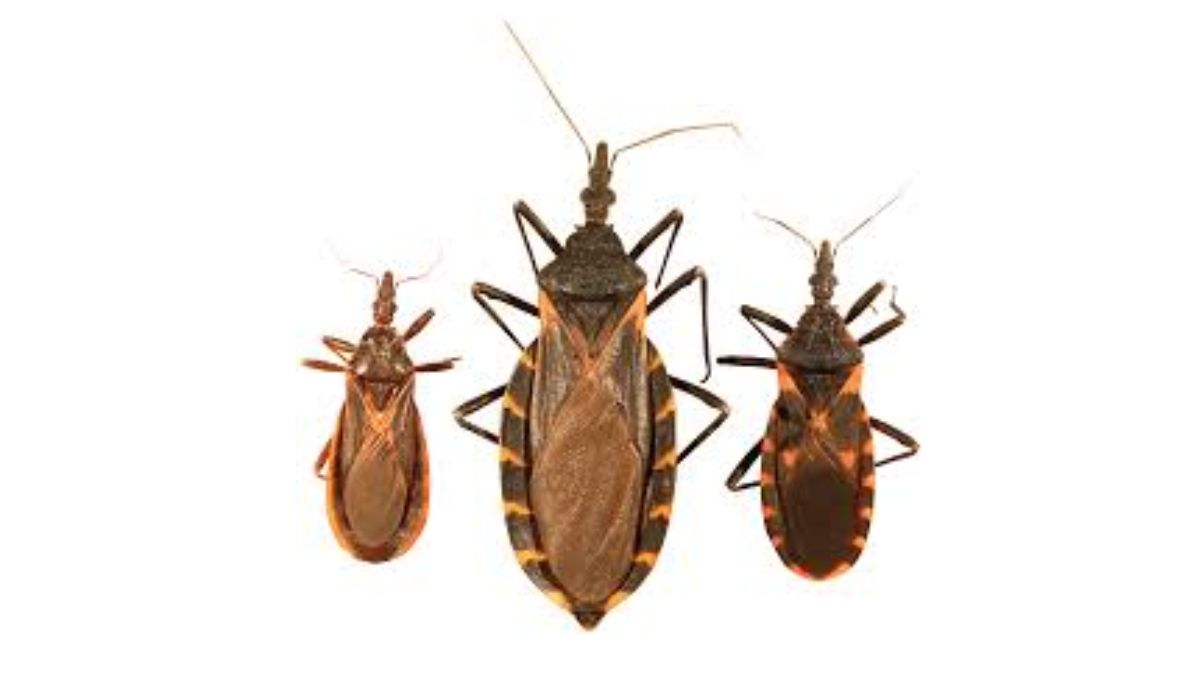Kissing bug bites are more than just an uncomfortable nuisance — they can be dangerous because of the risk of transmitting Chagas disease, a potentially life-threatening parasitic infection.
Why kissing bug bites are risky
Kissing bugs, also called Triatomine bugs, feed on human blood, usually biting around the mouth or eyes. While some bites may only cause itchy or swollen skin reactions, the real danger comes from the parasite Trypanosoma cruzi that many of these insects carry.
When a person scratches the bite, the parasite in the bug’s feces can enter the body through the wound or mucous membranes. This is the primary way Chagas disease spreads to humans.
What is Chagas disease?
Chagas disease often lies dormant for years after infection. However, it can eventually lead to serious complications including:
-
Cardiac problems such as heart failure, strokes, or heart attacks
-
Digestive issues caused by damage to the gastrointestinal tract
-
Acute symptoms like swollen eyes, swollen limbs, or allergic reactions
The World Health Organization estimates that Chagas kills around 10,000 people globally every year.
Where the risk is highest
Research shows kissing bugs carrying the parasite have been found in 32 U.S. states, with human cases confirmed in Texas, California, Arizona, Louisiana, Tennessee, Missouri, Mississippi, and Arkansas. The insects are most common in warmer regions of the southern United States.


